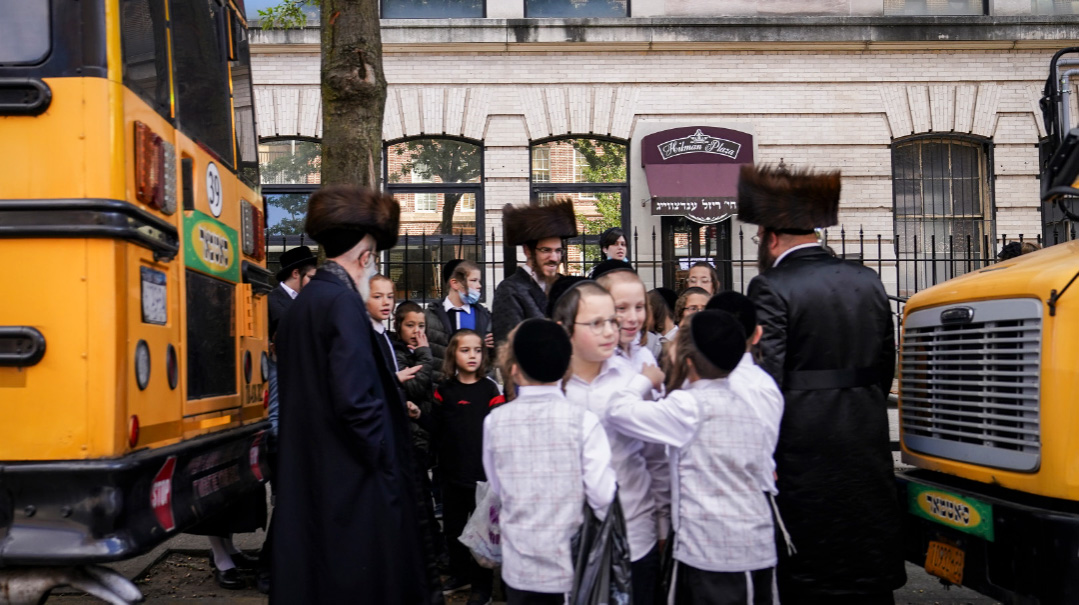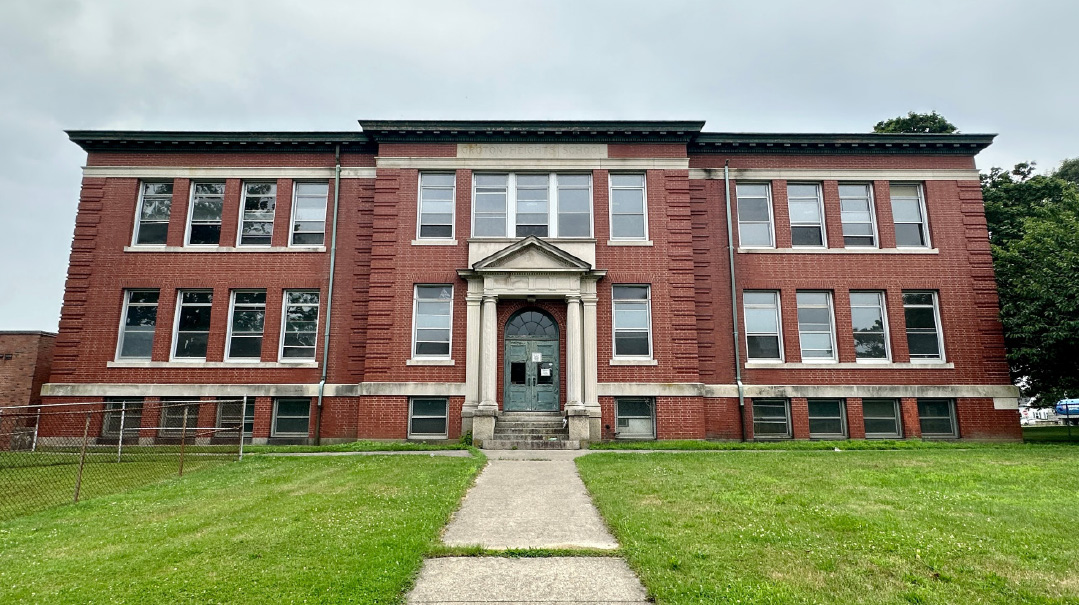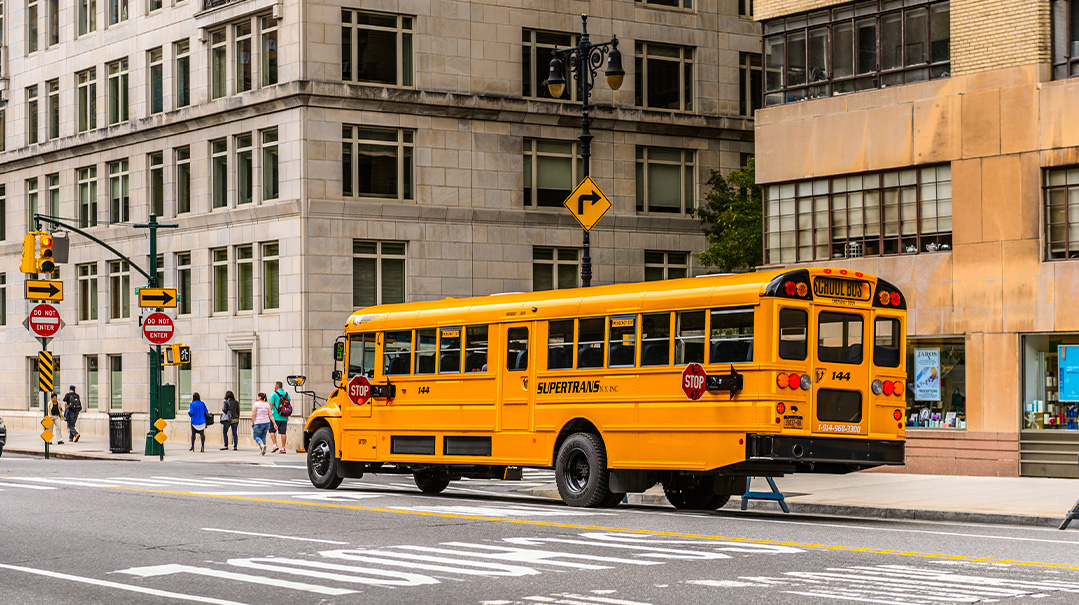New York Yeshivos Score Partial Victory

The case centered on two thorny constitutional issues, and the judge ruled in favor of parents on both questions

T
he obligation to provide children a sound education is on their parents, not their school.
This is how a state Supreme Court judge split her ruling, supporting the New York State Education Department by upholding the century-old law mandating that private schools be “substantially equivalent” to their public counterparts, while preserving parents’ right to determine their children’s schooling.
In the 21-page Solomonic ruling handed down last Thursday afternoon, Judge Christina Ryba agreed that the state had a compelling motivation to ensure that every child receives a sound secular education, but it did not have the authority to penalize or shut down schools that are not in compliance with the law. Legislation to grant the education department that power has been proposed several times in recent years but has languished in Albany, with virtually no cosponsors or support.
The law, Ryba wrote, “places the burden for ensuring a child’s education squarely on the parent, not the school.” She added that “certain portions of the new regulations impose consequences and penalties upon yeshivos above and beyond that authorized by the compulsory education law.”
The case centered on two thorny constitutional issues — whether the state may interfere in religious schools, and the scope of the education department’s mandate to enforce laws. Ryba ruled in favor of parents on both questions.
Avi Schick, a partner at the Troutman Pepper law firm who argued the case on behalf of three pro-yeshivah organizations, five of the state’s oldest yeshivos, and several parents, hailed the ruling as a victory for the cause.
“The court ruled that the state does not have the authority to penalize parochial schools that do not meet the state’s substantial equivalency standard,” he said. “More importantly, the court struck from the regulations the provision stating that a school found to be non-equivalent does not meet the requirements of a school under the compulsory education law. In other words, a yeshivah is a school, regardless of whether the state believes that its secular studies are lacking.”
If the state deems a school to be noncompliant with the law, Ryba said, its authority is limited to informing parents about the status of their child’s school. Parents may then supplement the secular education component with an after-school program or homeschooling.
The ruling left several gaps. It is unclear, for example, what would happen if parents were to ignore the state’s warning. Additionally, the ruling does not address a situation in which a child’s parents are divorced and have divergent desires about the child’s education.
This is the second round for Ryba on this case — in 2019, she struck down the state’s initial attempt to impose guidelines on yeshivos, directing them to first present them to the public for comments. Since then, two comment periods garnered nearly 450,000 comments, the vast majority critical of state interference in yeshivah education. In August, the Board of Regents and Education Commissioner Betty Rosa pushed them through anyhow.
The judge’s ruling was welcomed by Agudath Israel, one of the plaintiffs in the case.
“While not the complete victory many were praying for, Agudath Israel is grateful that the court recognized the egregious overreach the regulations sought,” Agudah said in a statement. “The prospect of forcibly shutting down schools, and of the state mandating which schools children should be reenrolled to, is not something one would typically associate with 21st-century America.”—
(Originally featured in Mishpacha, Issue 955)
Oops! We could not locate your form.







